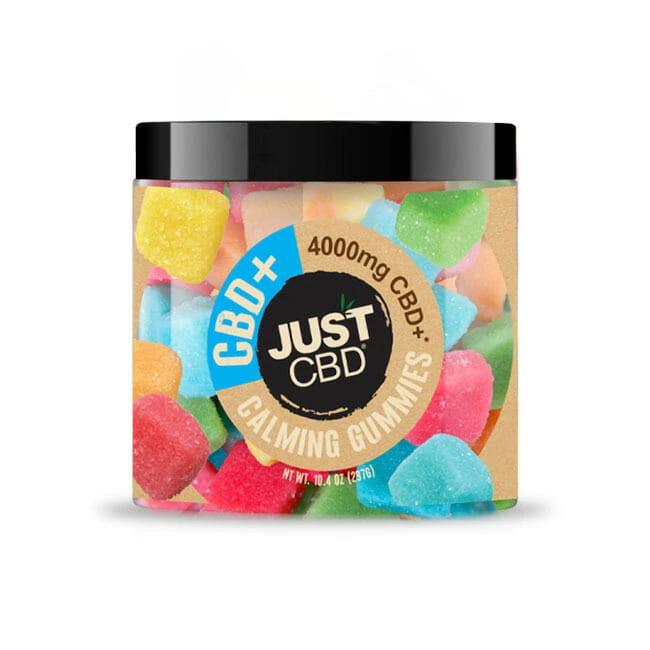The Endocannabinoid System and Inflammation
The endocannabinoid system (ECS) plays a crucial role in regulating various bodily functions, including inflammation. This complex network of receptors and neurotransmitters helps maintain homeostasis by modulating immune responses and influencing the production of pro-inflammatory molecules.
When inflammation occurs, the ECS works to dampen the inflammatory response. It achieves this by binding to cannabinoid receptors, primarily CB1 and CB2, which are found throughout the body, especially in areas involved in pain perception and immune cell activity. By interacting with these receptors, endocannabinoids (naturally occurring compounds produced by the body) can suppress the release of inflammatory chemicals like cytokines and prostaglandins.
CBD, a non-psychoactive compound derived from cannabis, has gained attention for its potential to interact with the ECS and reduce inflammation. While CBD does not directly bind to CB1 and CB2 receptors like THC (the psychoactive component in marijuana), it is believed to influence their activity indirectly. This modulation of the ECS may contribute to CBD’s anti-inflammatory effects.
CBD’s Role in Modulating CB1 and CB2 Receptors

CBD interacts with the endocannabinoid system (ECS) through a complex interplay that ultimately influences inflammation. Although it doesn’t directly bind to CB1 and CB2 receptors, studies suggest CBD modulates their activity indirectly. This modulation can lead to changes in the ECS’s ability to regulate the production of pro-inflammatory molecules, potentially reducing overall inflammation.
Mechanisms of Action for Pain Relief
Understanding how pain relief mechanisms work is crucial for comprehending the potential benefits of treatments like CBD gummies. These mechanisms often involve targeting the body’s natural pain-management systems, such as the endocannabinoid system (ECS).
Effects on Neurotransmitters
Pain signals are transmitted through a complex network involving nerves, neurotransmitters, and receptors. Neurotransmitters play a critical role in this process, acting as chemical messengers that transmit pain information from injured tissues to the brain.
Some key neurotransmitters involved in pain perception include glutamate, substance P, and GABA. Glutamate is excitatory, meaning it amplifies pain signals, while substance P transmits pain signals from peripheral nerves to the spinal cord. GABA, on the other hand, is inhibitory and helps reduce pain transmission.
Pain relievers often work by targeting these neurotransmitters. For example, opioids like morphine bind to opioid receptors in the brain and spinal cord, blocking the effects of substance P and reducing pain perception. Non-steroidal anti-inflammatory drugs (NSAIDs) like ibuprofen inhibit the production of prostaglandins, inflammatory chemicals that sensitize pain receptors.
Impact on Inflammatory Pathways

The endocannabinoid system (ECS) plays a crucial role in regulating pain perception and inflammation. It does this by interacting with cannabinoid receptors, primarily CB1 and CB2, which are found throughout the body.
When activated, these receptors can influence the production of neurotransmitters involved in pain signaling, such as glutamate and substance P. They also modulate the release of inflammatory molecules like cytokines and prostaglandins, contributing to the ECS’s overall role in maintaining homeostasis.
CBD, a non-psychoactive compound found in cannabis, has demonstrated potential for reducing inflammation and chronic pain through its interactions with the ECS. Although it doesn’t directly bind to CB1 or CB2 receptors like THC, CBD is thought to modulate their activity indirectly.
This modulation can lead to a decrease in the production of inflammatory molecules, potentially contributing to its therapeutic effects on pain relief and inflammation reduction.
Potential Benefits for Specific Chronic Pain Conditions
Chronic pain conditions can significantly impact quality of life, making effective pain management a priority for millions. While traditional treatments exist, many individuals seek alternative options to address their chronic pain. CBD gummies, derived from the cannabis plant, have emerged as a potential solution due to their ability to interact with the body’s endocannabinoid system (ECS) and modulate inflammation.
Arthritis
For individuals living with arthritis, a chronic inflammatory condition that affects joints, CBD gummies may offer some relief from pain and discomfort. CBD’s anti-inflammatory properties could help reduce joint swelling and tenderness, potentially improving mobility and overall quality of life.
While research is ongoing, preliminary studies suggest that CBD may be beneficial for managing arthritis symptoms. For example, a 2016 study published in the journal “Pain Medicine” found that oral CBD was effective in reducing pain and inflammation in patients with rheumatoid arthritis.
Back Pain
Back pain is a common ailment affecting millions worldwide. It can stem from various causes, including muscle strain, herniated discs, spinal stenosis, or arthritis.
The inflammatory response often accompanies back pain, contributing to the pain and stiffness experienced. CBD’s anti-inflammatory properties may help reduce this inflammation, potentially alleviating back pain symptoms.
Multiple Sclerosis
Multiple sclerosis (MS) is a chronic autoimmune disease that affects the central nervous system, leading to a range of neurological symptoms including muscle weakness, fatigue, vision problems, and pain. Inflammation plays a significant role in the development and progression of MS lesions, which damage the myelin sheath protecting nerve fibers.
CBD’s potential anti-inflammatory effects may offer some relief for individuals with MS. By modulating the endocannabinoid system (ECS), CBD could potentially reduce inflammation within the central nervous system, thereby lessening the impact of MS lesions and mitigating pain associated with the disease.
Dosage and Considerations
Dosage and considerations are crucial when using CBD gummies to manage inflammation and chronic pain. Factors such as individual body weight, metabolism, severity of symptoms, and product potency influence optimal dosage. It’s important to start with a low dose and gradually increase it as needed, while carefully monitoring for any side effects. Consulting with a healthcare professional is recommended, especially for individuals with pre-existing medical conditions or those taking other medications, to determine the appropriate dosage and ensure safe and effective use.
Finding the Right Dosage
Finding the right dosage of CBD gummies for inflammation and chronic pain management is a personalized process. Factors such as body weight, metabolism, the severity of symptoms, and the potency of the CBD product all play a role in determining the optimal dose.
It’s generally recommended to start with a low dose and gradually increase it until you find a level that provides relief without any unwanted side effects. Pay close attention to your body’s response and adjust the dosage accordingly.
Consulting with a healthcare professional is always advisable, especially if you have pre-existing medical conditions or are taking other medications. They can help you determine the appropriate dosage based on your individual needs and ensure that CBD use aligns with your overall health plan.
Potential Side Effects and Interactions
Potential side effects of CBD gummies are generally mild and may include dry mouth, diarrhea, reduced appetite, drowsiness, and changes in mood. It’s important to note that CBD can interact with certain medications, such as blood thinners, anticonvulsants, and antidepressants. Always consult with a healthcare professional before using CBD gummies, especially if you have any underlying health conditions or are taking other medications.
Conclusion
In conclusion, CBD gummies offer a promising natural approach to managing inflammation and chronic pain by interacting with the body’s endocannabinoid system. While research continues to explore the full potential of CBD, existing studies suggest it can effectively reduce inflammation and alleviate symptoms associated with various conditions like arthritis, back pain, and multiple sclerosis. However, individual responses to CBD vary, and consulting a healthcare professional is crucial for determining appropriate dosage and ensuring safe and effective use.
CBD Gummies for better mental health – shop now
Order tasty cbd oil infused gummies via JustCBD
Critic Forever
Eleven Seventy Seven
- Chin Augmentation With Chin Filler Near Westcott, Surrey - September 20, 2025
- Can You Use The Craftsman Series Vape For CBD Cartridges? - September 18, 2025
- Buddy Ebsen Quotes - September 16, 2025
